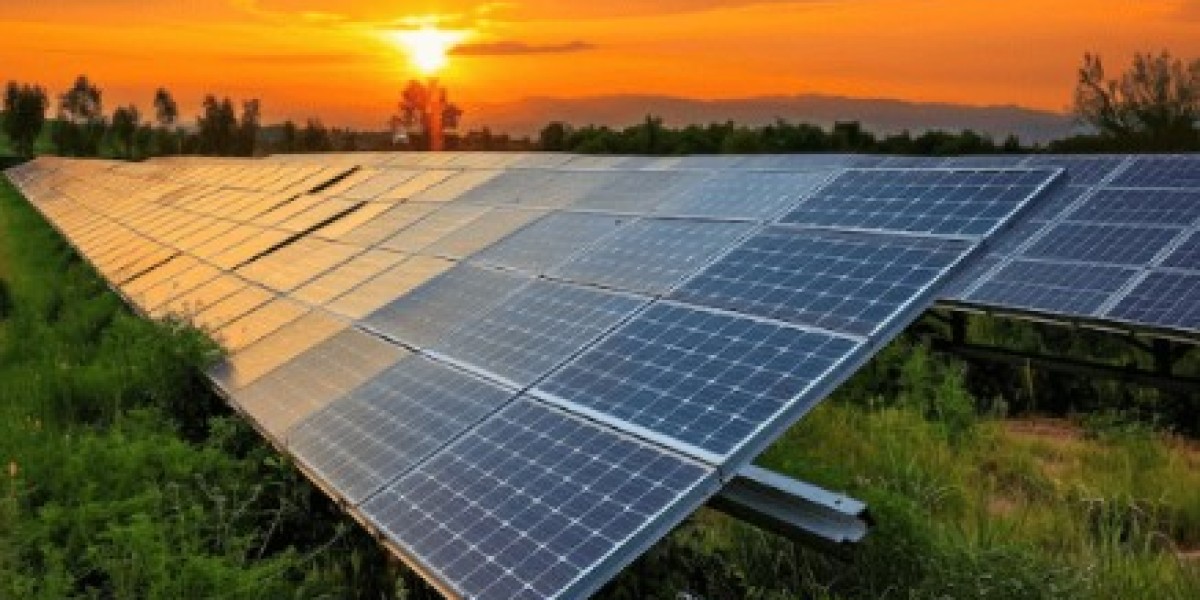Understanding Solar Energy
To begin with, solar energy is derived from the sun's rays. Essentially, solar panels convert sunlight into electricity. Consequently, this process significantly reduces electricity bills.
The Basics of Solar Panels
Solar panels consist of photovoltaic cells. These cells absorb sunlight, thus generating direct current electricity. Moreover, inverters convert this electricity into alternating current.
Why Choose Solar Energy?
There are numerous reasons to consider solar energy for your home. First and foremost, it reduces dependence on fossil fuels. Furthermore, solar energy decreases carbon emissions, promoting environmental health.
Economic Benefits
Investing in solar energy leads to substantial savings over time. For instance, homeowners can reduce their electricity costs significantly. Additionally, many states offer incentives and tax credits for solar panel installation.
Energy Independence
Solar energy promotes energy independence for homeowners. As a result, you become less vulnerable to fluctuating energy prices. Moreover, generating your own electricity can provide peace of mind.
Types of Affordable Solar Energy Options
There are several affordable solar energy options available to consumers today. Each option varies in terms of cost, installation, and efficiency.
1. Grid-Tied Solar Systems
Grid-tied solar systems connect to the local power grid. Therefore, they allow homeowners to sell excess electricity back to the grid. Consequently, this can further offset installation costs.
Advantages of Grid-Tied Systems
Grid-tied systems are generally more affordable to install. In addition, they do not require battery storage, which reduces costs. Furthermore, homeowners benefit from net metering policies.
2. Off-Grid Solar Systems
Off-grid solar systems provide complete independence from the grid. For those living in remote areas, this option is often necessary. However, they require a more significant initial investment for batteries.
Pros and Cons of Off-Grid Systems
On one hand, off-grid systems ensure energy security. On the other hand, they necessitate careful planning to ensure adequate power supply. Therefore, they may not be suitable for everyone.
3. Hybrid Solar Systems
Hybrid solar systems combine both grid-tied and off-grid features. This flexibility allows homeowners to use stored energy during outages. Additionally, hybrid systems provide a backup power source.
Benefits of Hybrid Systems
The main advantage of hybrid systems is energy reliability. Moreover, they can help save on energy bills while providing independence. Consequently, many homeowners find this option appealing.
Financing Options for Solar Energy
Understanding financing options is crucial when considering solar energy. Fortunately, there are several ways to finance your solar panel installation.
1. Solar Loans
Solar loans allow homeowners to borrow money to pay for installation costs. In general, these loans are structured to be paid back over time. Consequently, they often come with lower interest rates.
2. Leases and Power Purchase Agreements (PPAs)
Leasing solar panels or entering a Power Purchase Agreement can significantly reduce upfront costs. Essentially, a third-party company installs and maintains the system. As a result, homeowners pay only for the energy generated.
3. Government Incentives
Many governments offer financial incentives for solar energy adoption. These incentives can come in the form of tax credits, rebates, or grants. Therefore, it is essential to research available options in your area.
Choosing the Right Solar Energy Option
When selecting a solar energy option, several factors should be considered. Ultimately, these considerations will help ensure the best choice for your needs.
Assessing Your Energy Needs
First, evaluate your household's energy consumption. Understanding your energy needs is crucial for selecting the right system. Additionally, it helps to determine the appropriate size of the solar installation.
Evaluating Your Location
Next, consider your geographical location and sunlight exposure. Areas with more sunlight generally produce more energy. Therefore, optimal locations can significantly enhance system efficiency.
Comparing Costs and Benefits
Finally, it is essential to compare the costs and benefits of various options. Conduct thorough research to understand the financial implications of each choice. In the long run, this will help you make an informed decision.
Conclusion
In summary, affordable solar energy options are increasingly available to homeowners. By understanding the various systems, financing options, and considerations, you can make an informed choice. As a result, investing in solar energy is a step toward a sustainable future.
By exploring these options, you contribute to environmental protection and enjoy long-term savings on energy costs. Embrace the power of the sun and start your journey towards energy independence today!
Naijamatta is a social networking site,
download Naijamatta from Google play store or visit www.naijamatta.com to register. You can post, comment, do voice and video call, join and open group, go live etc. Join Naijamatta family, the Green app.
Click To Download


